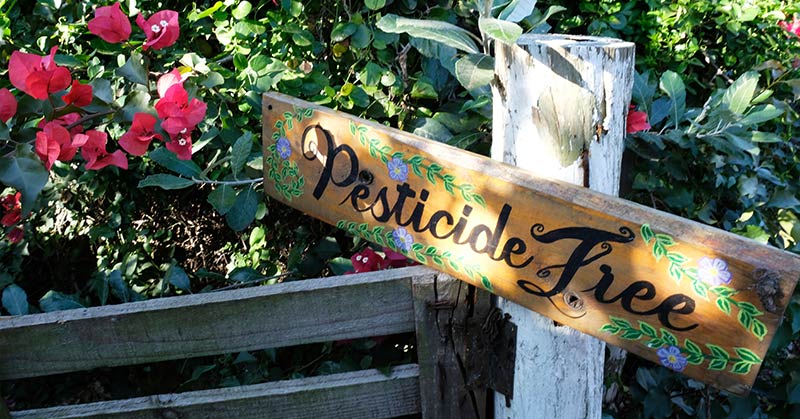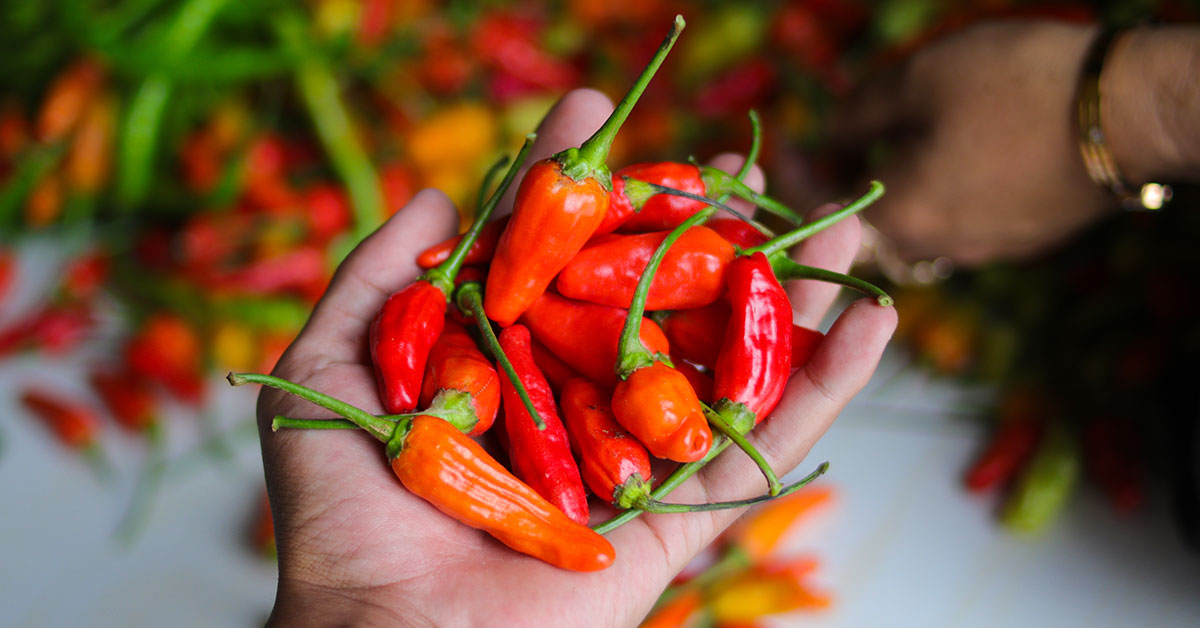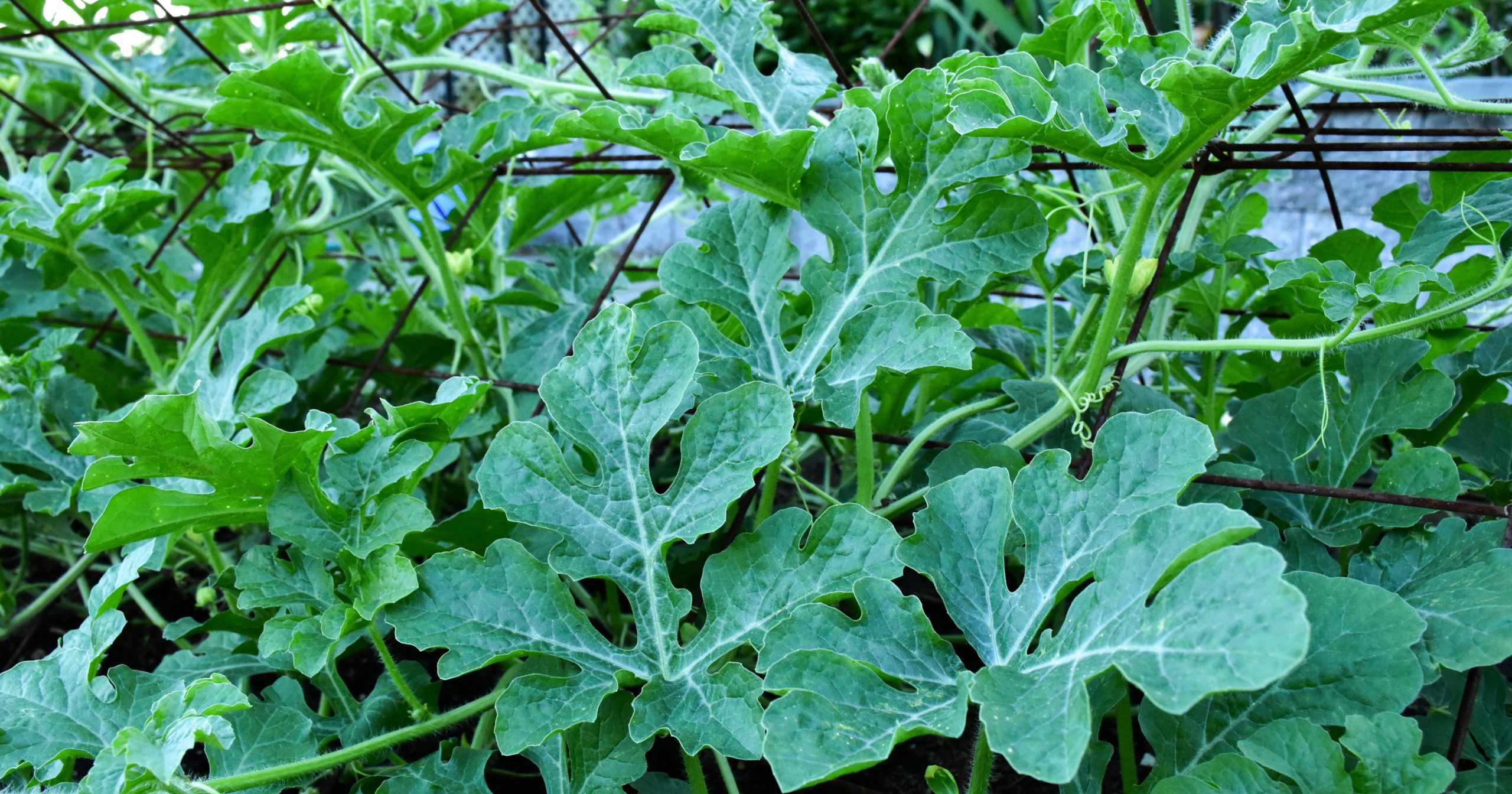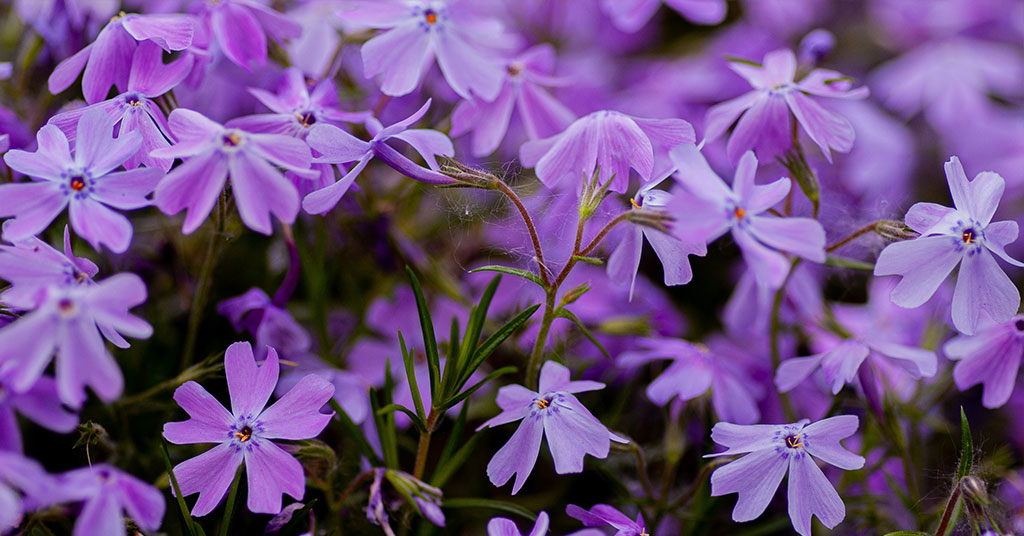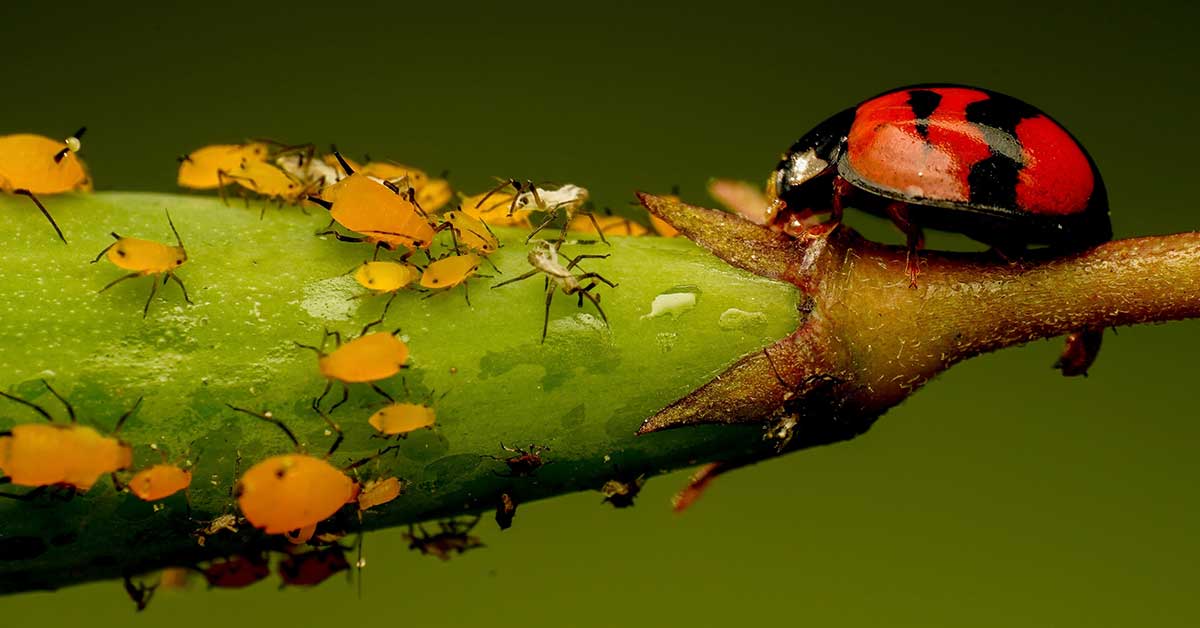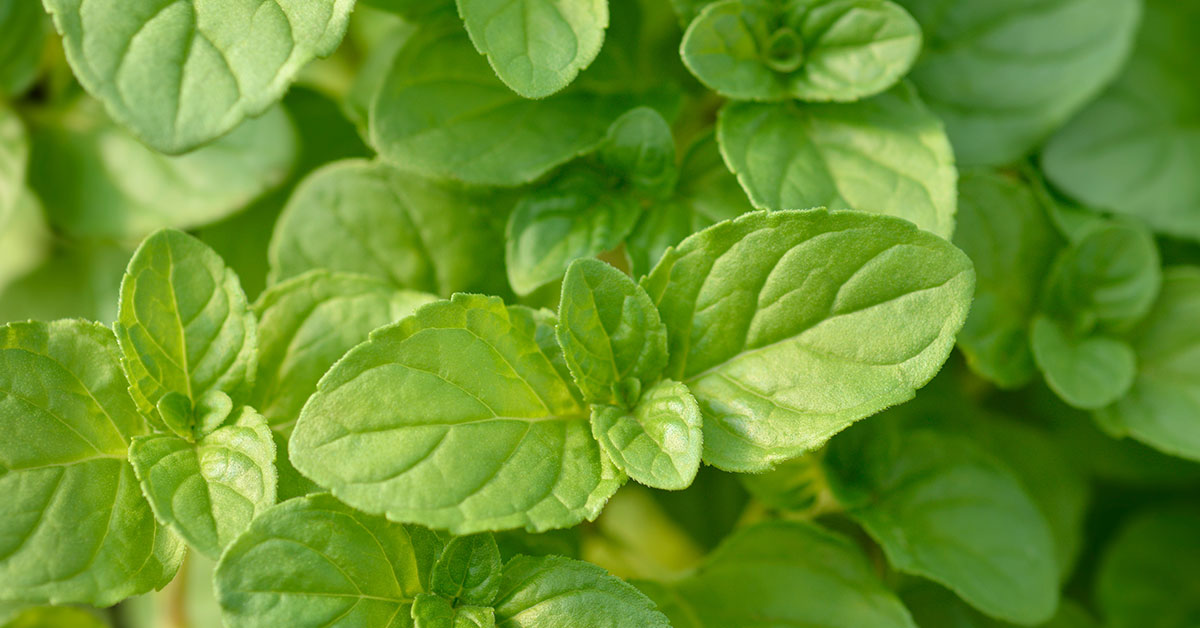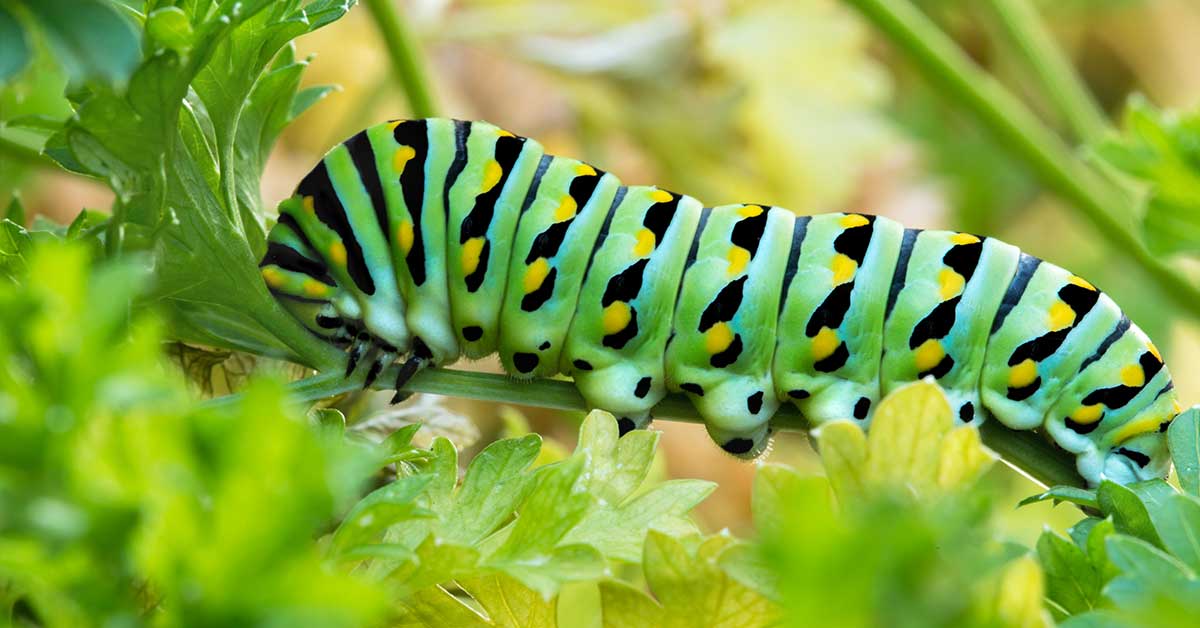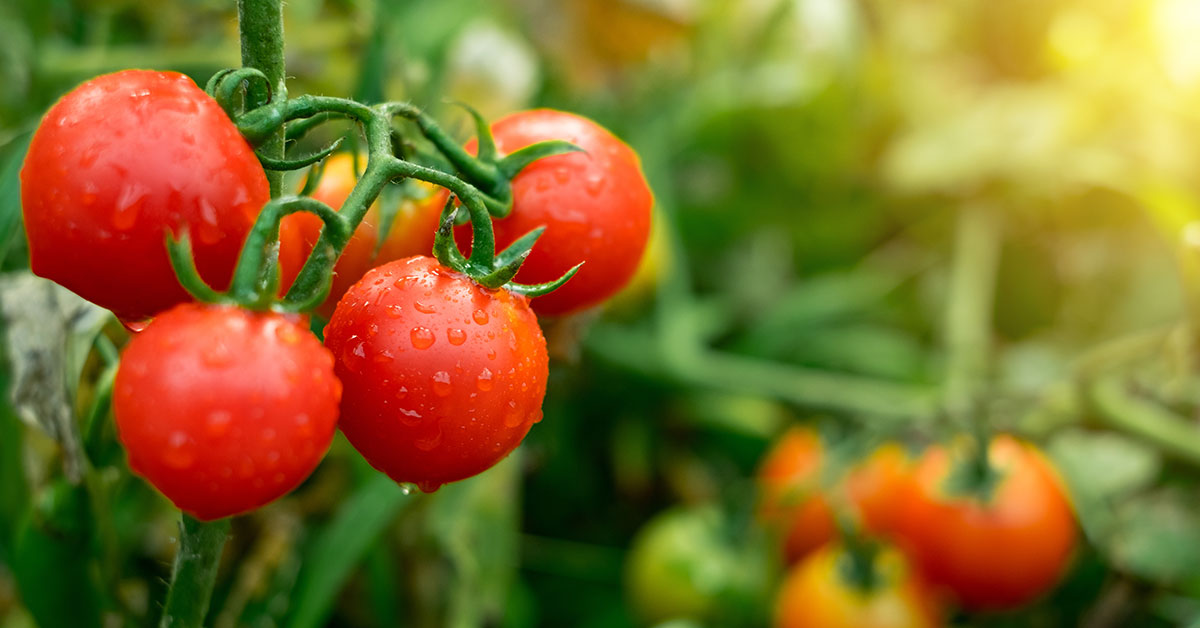You’ve probably heard the term ‘organic’ thrown around, applying to everything from produce to processed foods like pizzas and veggie burgers. Organic as a marketing term is used to describe food that is grown without any synthetic pesticides, fertilizers, or other chemicals. Organic foods are often considered healthier because they are grown without the use of artificial additives that can be harmful to humans and the environment. Additionally, organic foods tend to have higher levels of nutrients and vitamins, and they are often more flavorful than conventionally grown items. So what is organic gardening? How does it differ from conventional gardening? Let’s dive in.
What is organic gardening?
Organic gardening is a style of gardening that produces food without the use of chemically formulated products like antibiotics, pesticides, and fertilizers. Organic gardening instead relies on plant and animal-based fertilizers and non-chemical pest control methods.
Every garden experiences problems. Wild animals can go through your crops, soil gets depleted after repeated use, bugs chew up your plants – there’s really a ton of ways it can all go wrong, and there are tons of products on the market to help you fix all of them. But many of those products are petrochemical-based, products made with petroleum and natural gas. Petrochemicals are used to make everything from explosives to fertilizers and pesticides.
Petrochemical-based garden products can have unfortunate consequences for your health and the environment alike. Organic gardening seeks to alleviate the need for these products without sacrificing your crop.
So how exactly do you alleviate those problems without all those effective but unhealthy synthetic chemicals? The answer strikes at the heart of organic gardening: by creating a healthy ecosystem in which your garden thrives.
Cultivating an ecosystem
When you plant an organic garden, you aren’t just creating an ecosystem for yourself to feed from but for countless millions of other creatures to consume as well. This means using compost and manure to build your soil, planting a diverse array of vegetables, herbs, fruits, and flowers to attract different pollinators, and looking for natural ways to control pests, like ladybugs and praying mantises.
Conventional gardening and farming use a sort of scorched-earth approach toward dealing with pests. The synthetic chemicals used on these farms and in these gardens kills all pests. But that’s not really the objective of organic gardening. You don’t have to destroy every pest creature in order to get what you need from your garden. The goal is to use natural methods to mitigate the damage caused by those pests. There is no need to wipe them out.
The benefits of organic gardening
The benefits of organic gardening are pretty clear once you’ve done it a while: when you create a healthy, organic, natural ecosystem for your garden, you grow strong, robust plants that will be immune to many of the diseases that plague conventionally grown gardens.
Improved Soil Quality
Organic gardening is beneficial to soil quality in a number of ways. First, organic materials such as compost and mulch are used to improve soil structure, increase microbial activity, and add essential nutrients to the soil. Additionally, organic gardening helps to prevent soil erosion and compaction, as these practices require less tilling and soil disturbance. Finally, organic gardening can help to reduce the risk of water and air pollution caused by synthetic fertilizers and pesticides. Through these practices, organic gardening helps to improve the overall quality of the soil and the health of the environment.
Reduced Pesticide Use
Organic gardening is a practice that doesn’t allow the use of synthetic pesticides. This is because organic gardening is based on the principles of caring for and working with the natural environment to produce food instead of against it. These principles are in opposition to the use of synthetic chemicals, which are thought to be damaging to the environment, contaminate the soil, and can have negative impacts on the health of people who consume them. Organic gardening uses natural methods such as crop rotation and companion planting to maintain healthy soil and reduce pests, rather than introducing chemical agents into the environment.
Increased Plant Health
Organic gardening is an ideal way to reduce the use of pesticides and other chemicals in the garden. Organic gardening relies on natural methods such as crop rotation, companion planting, and beneficial insects to help protect plants from pests and diseases. Organic gardeners also focus on creating healthy soil with organic matter, which provides nutrients and beneficial microorganisms to help plants grow. By taking these steps, organic gardeners can create a thriving garden without the use of chemical pesticides, which can be harmful to humans, wildlife, and the environment.
Healthier Food
Organic gardening produces food that is free from synthetic pesticides and fertilizers, making it healthier for you and your family. Research has also found that organic food has more antioxidants and essential minerals than non-organic food. Not only is organic food better for our health, but it is also better for the environment. By choosing to eat organic food, we are supporting sustainable farming practices and reducing our environmental footprint.
Better Taste
Organic produce tastes better because it is grown in healthy soil with natural methods. There’s something about the care that goes into growing organic food that makes it taste better. Organic food is grown without hormone treatments, chemicals, and pesticides, so it’s not only better for the environment, but it’s also better for your body. Whether it’s a juicy heirloom tomato or a handful of freshly picked strawberries, organic food tastes noticeably better than non-organic food.
Lower Costs
Organic gardening reduces costs because it is much less expensive to grow your own food than to buy it from the store. Organic gardening is also better for your health since it avoids the use of potentially toxic chemicals and pesticides. In addition, it can be more cost-effective in the long run since the soil does not need to be treated with expensive fertilizers or chemicals. Furthermore, organic gardening is also better for the environment since it does not involve the use of chemicals that can pollute the air and water.
